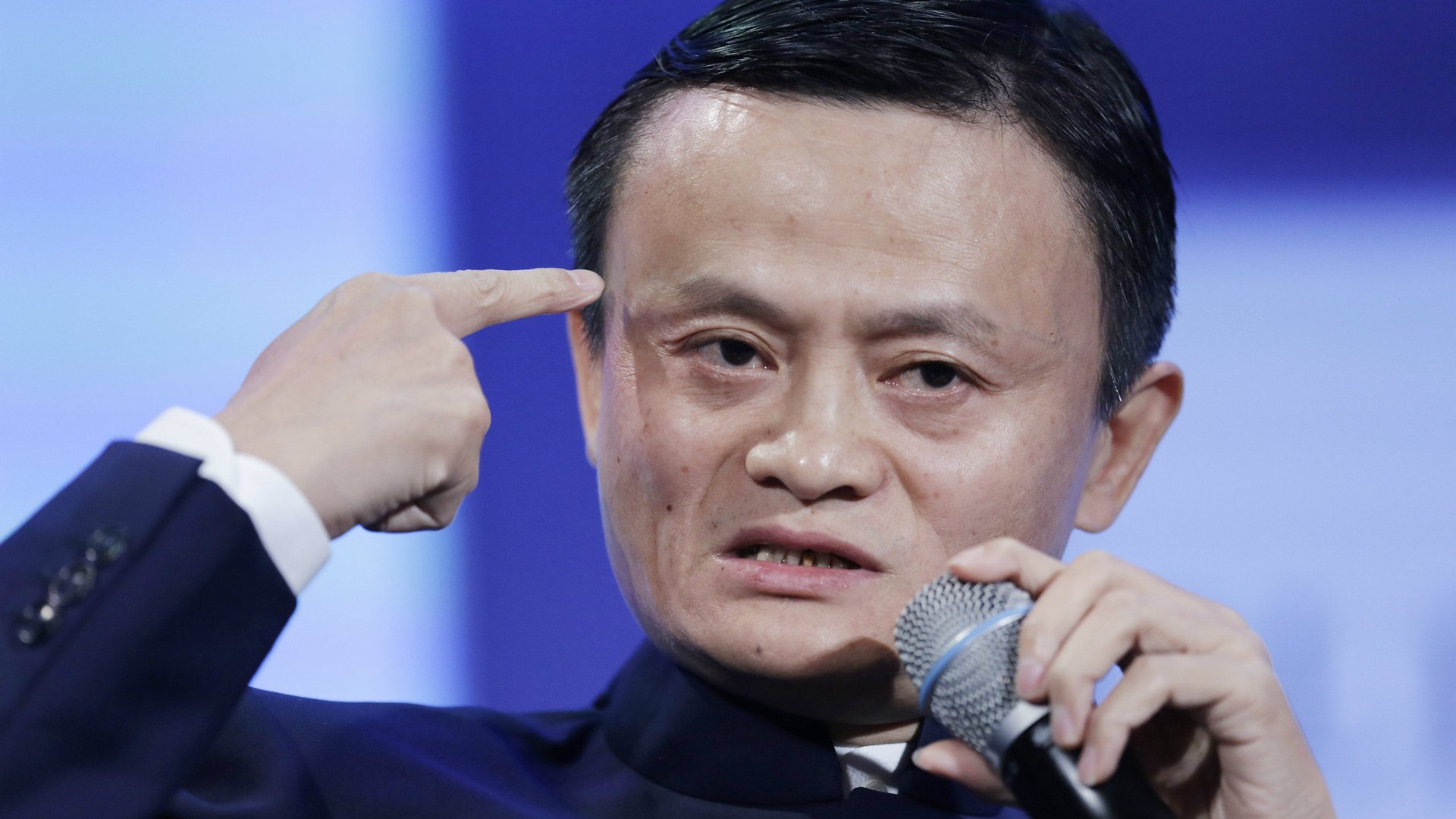Alibaba’s Jack Ma tells China to let the kids have more playtime
Speaking at a conference in Shanghai this week, Jack Ma, founder of the e-commerce giant Alibaba had some harsh words for China’s education system. Breaking down the meaning of the Chinese word for education, jiaoyu, into its two components—jiao, to teach, and yu, to raise or nurture—Ma said, according to Tech in Asia:


Speaking at a conference in Shanghai this week, Jack Ma, founder of the e-commerce giant Alibaba had some harsh words for China’s education system. Breaking down the meaning of the Chinese word for education, jiaoyu, into its two components—jiao, to teach, and yu, to raise or nurture—Ma said, according to Tech in Asia:
“We often say that America and Europe are more innovative than us, that China’s innovation is not good and that the education system is to blame. Actually, I think China’s jiao is fine. The problem is with the yu. In terms of jiao, China’s students test better than anyone in the world, but yu is about fostering culture and emotional IQ.
I graduated from Hangzhou Normal University, but if I’d gone to Tsinghua or Peking University I might be a researcher today. Because I went to Hangzhou Normal University, I got my cultural education by having fun. Kids who know how to have fun, are able to have fun, and want to have fun generally have bright futures. We jiao our kids, but we’ve lost the yu part. [Innovation] will only come regularly if we rethink our culture, our yu, our having fun, and our sports. Many painters learn by having fun, many athletes learn by having fun, many works [of art and literature] are the products of having fun. So, our entrepreneurs need to learn how to have fun, too.”
Ma’s comments could also be a plug for his company’s forays into education: Alibaba has a stake in the English-language tutoring service TutorGroup, as well as Taobao Tongxue (Taobao classmate), an online marketplace for live lectures, videos, and courses.
Chinese students routinely score among the highest on global education surveys based on their test performances, but parents and employers deplore what they see as mainland students’ lack of critical thinking, creativity, and analytical skills. That’s one reason why 80% of wealthy Chinese plan to send their kids abroad to study.
The gap is spurring the creation of education-focused tech start-ups that are targeting students with more varied teaching options. One Taiwanese company, Lihan Culture and Education Consultants, sells Chinese schools its more interactive and engaging teaching methods, sometimes sending its consultants into schools as teachers. Ma may be thinking along the same lines as he looks for Alibaba’s next business opportunity.